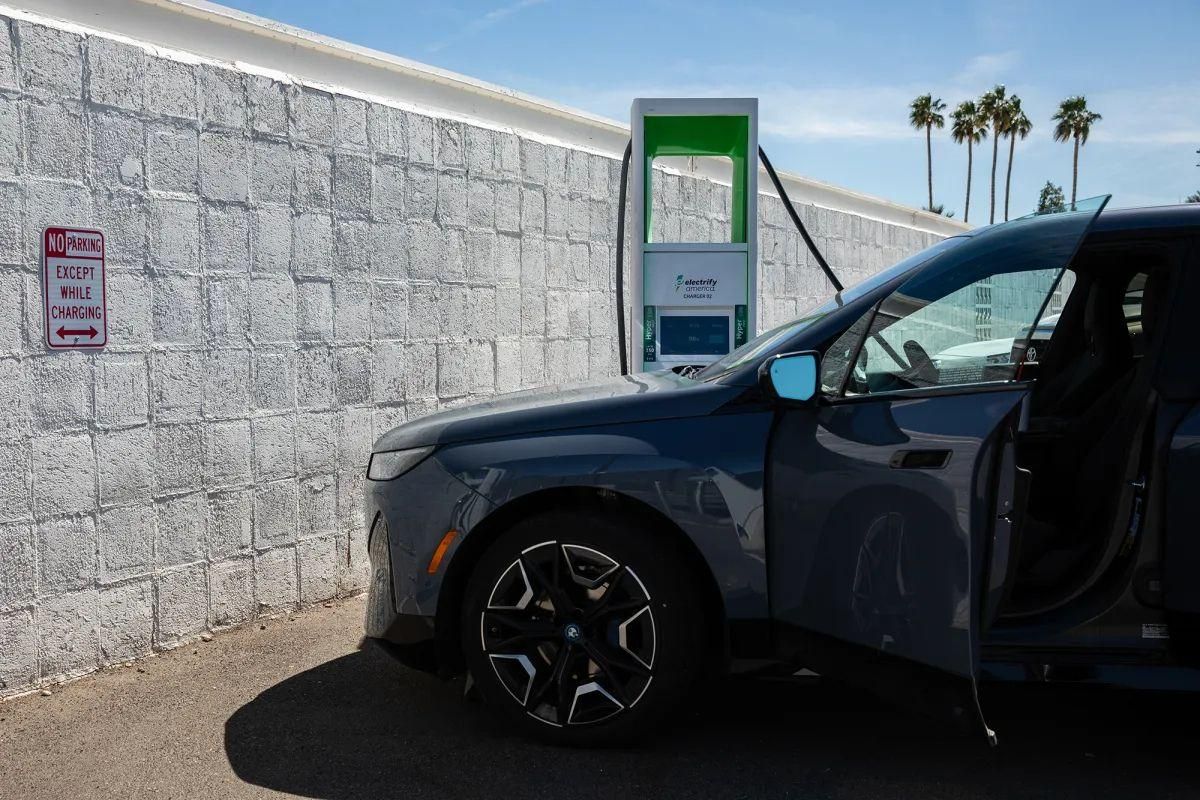The U.S. House of Representatives voted to overturn three federal waivers that allow California to set stricter vehicle emission standards than those required nationwide -- a decision with sweeping implications for the auto industry, environmental policy and state-level authority.
On April 30, the House voted to rescind waivers concerning heavy truck emissions, followed by another vote May 1 against California’s landmark rule requiring all new vehicles sold in the state to be zero-emission by 2035. That rule, effective beginning with model year 2026, mandates 35% of new vehicle sales per automaker to be zero-emission, a sharp increase from the current 25% in California and the national average of 10%.
The effort to reverse these waivers has drawn sharp criticism from environmental advocates and legal analysts, particularly because two nonpartisan government entities -- the Government Accountability Office and the Senate parliamentarian -- have advised that the Congressional Review Act (CRA) is not a valid mechanism for such a reversal. Nevertheless, the Senate now must decide whether to uphold those waivers or join the House in revoking them.
About a dozen other states have adopted California’s standards, effectively extending its influence to more than 30% of the U.S. vehicle market.
John Bozzella, president of the Alliance for Automotive Innovation, which represents major automakers, has argued that California’s targets outpace consumer demand and pose a threat to the industry’s stability. “Thousands of American auto jobs and millions of units of U.S. auto production are at stake,” Bozzella said in a statement released April 30.
Environmental organizations have pushed back, saying the state’s standards are both necessary and achievable. “This vote is an unprecedented and reckless attack on states' legal authority to address the vehicle pollution causing asthma, lung disease and heart conditions,” said Kathy Harris, director of Clean Vehicles at the Natural Resources Defense Council, in a statement.
California’s special authority to set its own vehicle pollution rules stems from its decades-long battle with smog, a legacy of its unique geography and early efforts to combat air pollution. That authority, granted through EPA waivers, has been used more than 75 times.
During the Trump administration’s first term, the EPA rescinded one of California’s waivers -- a move that triggered litigation and divided the auto industry. Automakers were split between those pushing for regulatory consistency and those supporting deregulation.
Now, with a new administration in place, the strategy has shifted. Rather than relying on the EPA to revoke the waivers, Congress is invoking the Congressional Review Act to nullify them altogether. If successful, this action could prevent the EPA from issuing substantially similar rules in the future, a key goal of the Trump administration’s deregulatory agenda.
Critics argue this maneuver would undermine longstanding Senate norms and likely invite a new wave of legal challenges.
As the legislation moves to the Senate, the stakes remain high. Senate Democrats, citing the parliamentarian’s ruling and legal precedent, argue the waiver cannot be reversed under the CRA. However, reports suggest some Republicans are weighing whether the regulatory rollback justifies overriding Senate norms.
The outcome will have national implications, influencing not just California but a broad swath of states, automakers and environmental policy for years to come.












